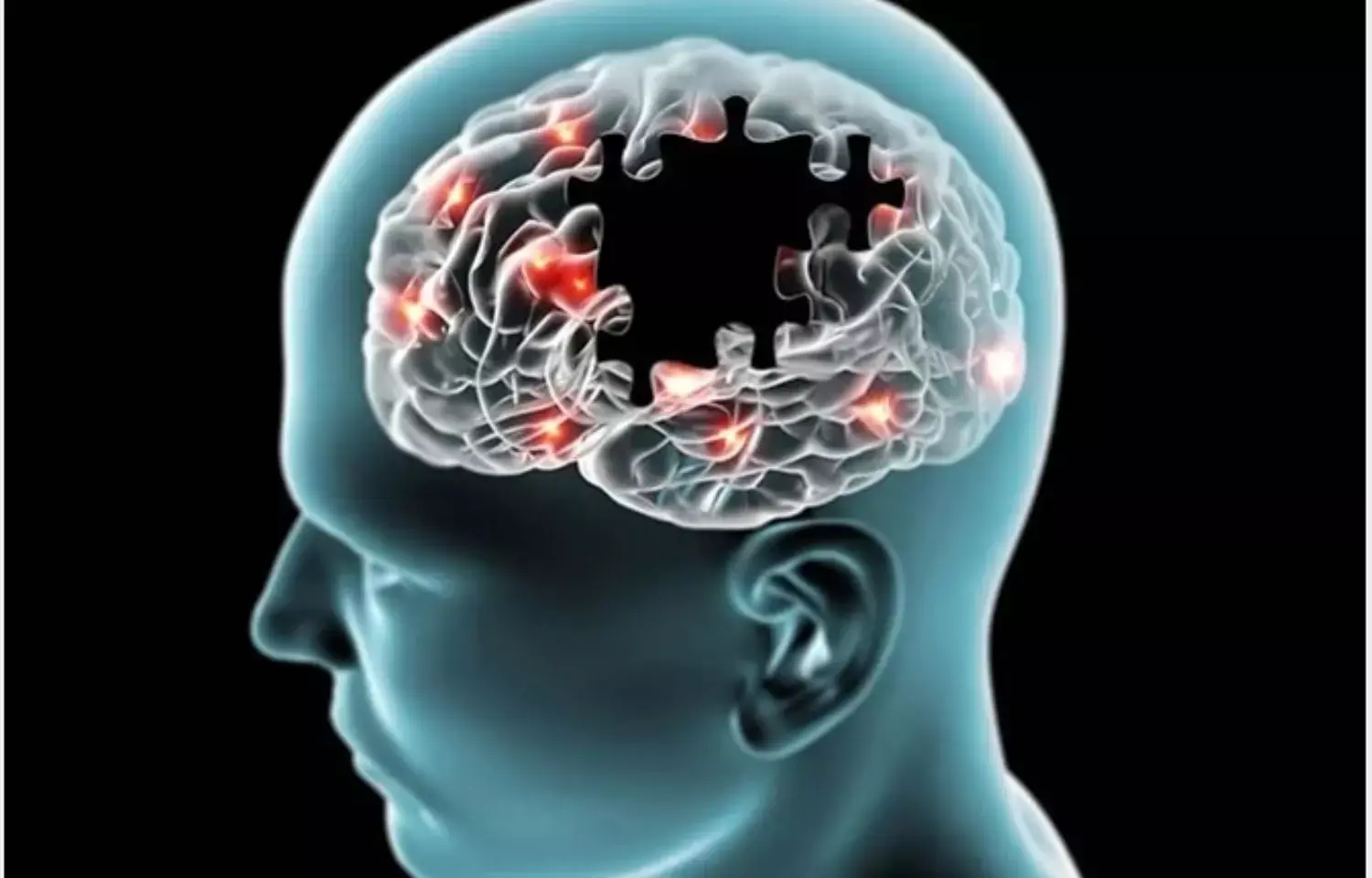- Home
- Medical news & Guidelines
- Anesthesiology
- Cardiology and CTVS
- Critical Care
- Dentistry
- Dermatology
- Diabetes and Endocrinology
- ENT
- Gastroenterology
- Medicine
- Nephrology
- Neurology
- Obstretics-Gynaecology
- Oncology
- Ophthalmology
- Orthopaedics
- Pediatrics-Neonatology
- Psychiatry
- Pulmonology
- Radiology
- Surgery
- Urology
- Laboratory Medicine
- Diet
- Nursing
- Paramedical
- Physiotherapy
- Health news
- Fact Check
- Bone Health Fact Check
- Brain Health Fact Check
- Cancer Related Fact Check
- Child Care Fact Check
- Dental and oral health fact check
- Diabetes and metabolic health fact check
- Diet and Nutrition Fact Check
- Eye and ENT Care Fact Check
- Fitness fact check
- Gut health fact check
- Heart health fact check
- Kidney health fact check
- Medical education fact check
- Men's health fact check
- Respiratory fact check
- Skin and hair care fact check
- Vaccine and Immunization fact check
- Women's health fact check
- AYUSH
- State News
- Andaman and Nicobar Islands
- Andhra Pradesh
- Arunachal Pradesh
- Assam
- Bihar
- Chandigarh
- Chattisgarh
- Dadra and Nagar Haveli
- Daman and Diu
- Delhi
- Goa
- Gujarat
- Haryana
- Himachal Pradesh
- Jammu & Kashmir
- Jharkhand
- Karnataka
- Kerala
- Ladakh
- Lakshadweep
- Madhya Pradesh
- Maharashtra
- Manipur
- Meghalaya
- Mizoram
- Nagaland
- Odisha
- Puducherry
- Punjab
- Rajasthan
- Sikkim
- Tamil Nadu
- Telangana
- Tripura
- Uttar Pradesh
- Uttrakhand
- West Bengal
- Medical Education
- Industry
Study reveals Perioperative Risk Factors for ICU Admission After Craniotomy

Recently published study evaluates the relationship between perioperative risk factors and postoperative neurological complications requiring ICU admission following elective craniotomy for intracranial neoplasm, as well as the validation of the Cranio Score. The primary objective was to assess the relationship between perioperative risk factors and the incidence of early postoperative complications, while the secondary outcomes studied were 30-day postoperative morbidity/mortality and the association with patient-related risk factors.
Findings and Risk Factors
The study included 119 patients scheduled for elective craniotomy and tumor excision, and found that 37.82% of the patients required postoperative ICU care with a mean ICU stay of 1.92 ± 4.91 days. Several perioperative risk factors were associated with a higher incidence of ICU care, including tumor location, preoperative deglutition disorder, Glasgow Coma Scale (GCS) less than 15, motor deficit, cerebellar deficit, midline shift >3 mm, mass effect, tumor size, use of blood products, lateral position, inotropic support, elevated systolic/mean arterial pressures, and duration of anesthesia/surgery. Maximum and minimum systolic arterial pressures were identified as the only independent risk factors. The Cranio Score was found to be an accurate predictor of complications at a cut-off point of >10.52%, and the preoperative motor deficit was the only independent risk factor associated with 30-day morbidity.
Conclusion and Recommendations
The authors concluded that perioperative hemodynamic effects are an independent predictor of postoperative ICU requirement, and the Cranio Score was shown to be a good scoring system for postoperative complications. The study suggested that aggressive control of systolic arterial pressures may minimize the expansion of hemorrhagic strokes. The findings also highlighted the importance of perioperative vigilance and optimization of preoperative hypertension in neurosurgical patients. The study acknowledged certain limitations, such as being single-centric with a smaller sample size and short follow-up period, and recommended including a retrospective cohort for correlation to enhance statistical accuracy.
In summary, the study identified several perioperative risk factors associated with postoperative neurological complications requiring ICU care, with a focus on hemodynamic effects and the effectiveness of the Cranio Score as a predictor of postoperative complications. The detailed analysis of the findings provides valuable insights for clinical practice and highlights the significance of careful perioperative management in patients undergoing elective craniotomy for intracranial neoplasms.
Key Points
- The study aimed to assess the relationship between perioperative risk factors and postoperative neurological complications requiring ICU admission following elective craniotomy for intracranial neoplasm. It also sought to validate the Cranio Score and its effectiveness in predicting postoperative complications. The primary objective was to evaluate the relationship between perioperative risk factors and the incidence of early postoperative complications, with the secondary outcomes including 30-day postoperative morbidity/mortality and the association with patient-related risk factors.
- The authors concluded that perioperative hemodynamic effects are an independent predictor of postoperative ICU requirement and that the Cranio Score is a valuable scoring system for predicting postoperative complications. The study recommended aggressive control of systolic arterial pressures to minimize the expansion of hemorrhagic strokes, emphasized the importance of perioperative vigilance, and highlighted the significance of careful perioperative management in patients undergoing elective craniotomy for intracranial neoplasms. The study acknowledged limitations, such as its single-centric nature, smaller sample size, and short follow-up period, and recommended including a retrospective cohort for correlation to enhance statistical accuracy.
Reference-
Biswas K, Agrawal S, Gupta P, Arora R. Evaluation of risk factors for postoperative neurologic intensive care admission after brain tumor craniotomy: A single center longitudinal study. J Anaesthesiol Clin Pharmacol 2024;40:217-27.
MBBS, MD (Anaesthesiology), FNB (Cardiac Anaesthesiology)
Dr Monish Raut is a practicing Cardiac Anesthesiologist. He completed his MBBS at Government Medical College, Nagpur, and pursued his MD in Anesthesiology at BJ Medical College, Pune. Further specializing in Cardiac Anesthesiology, Dr Raut earned his FNB in Cardiac Anesthesiology from Sir Ganga Ram Hospital, Delhi.


